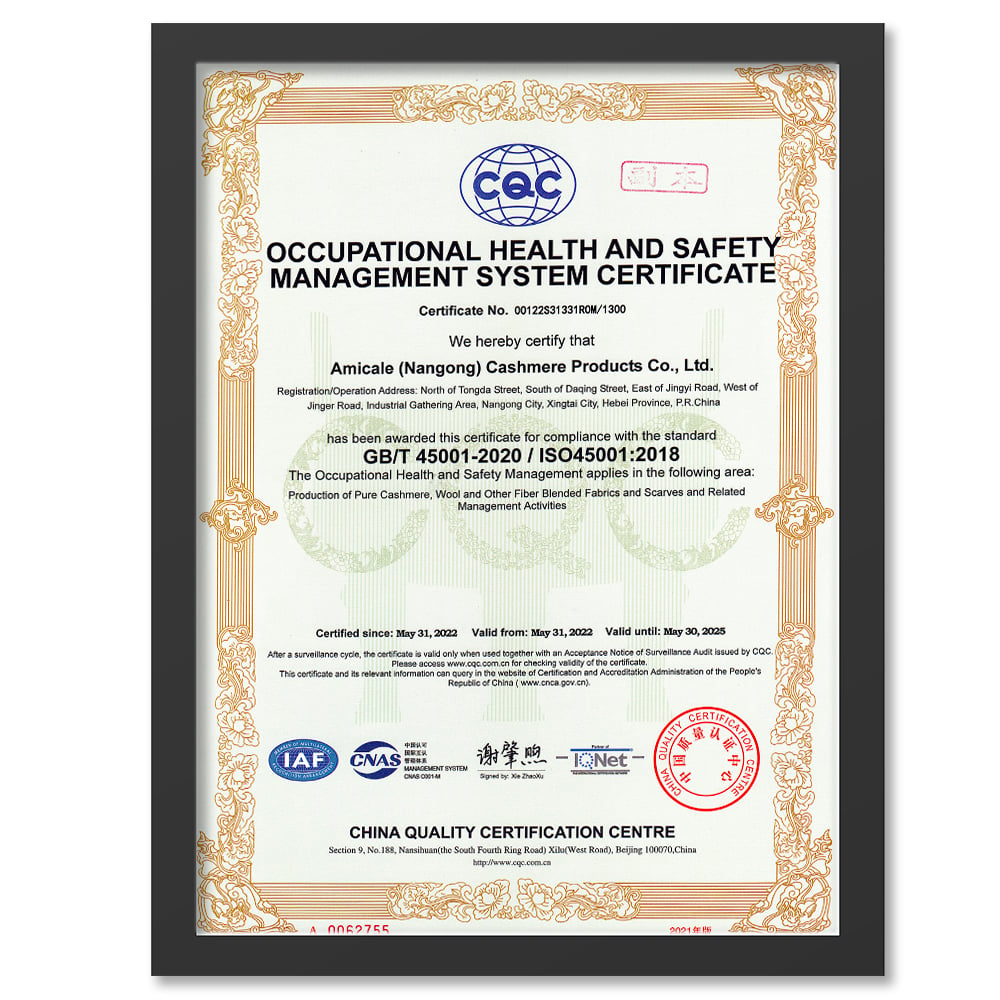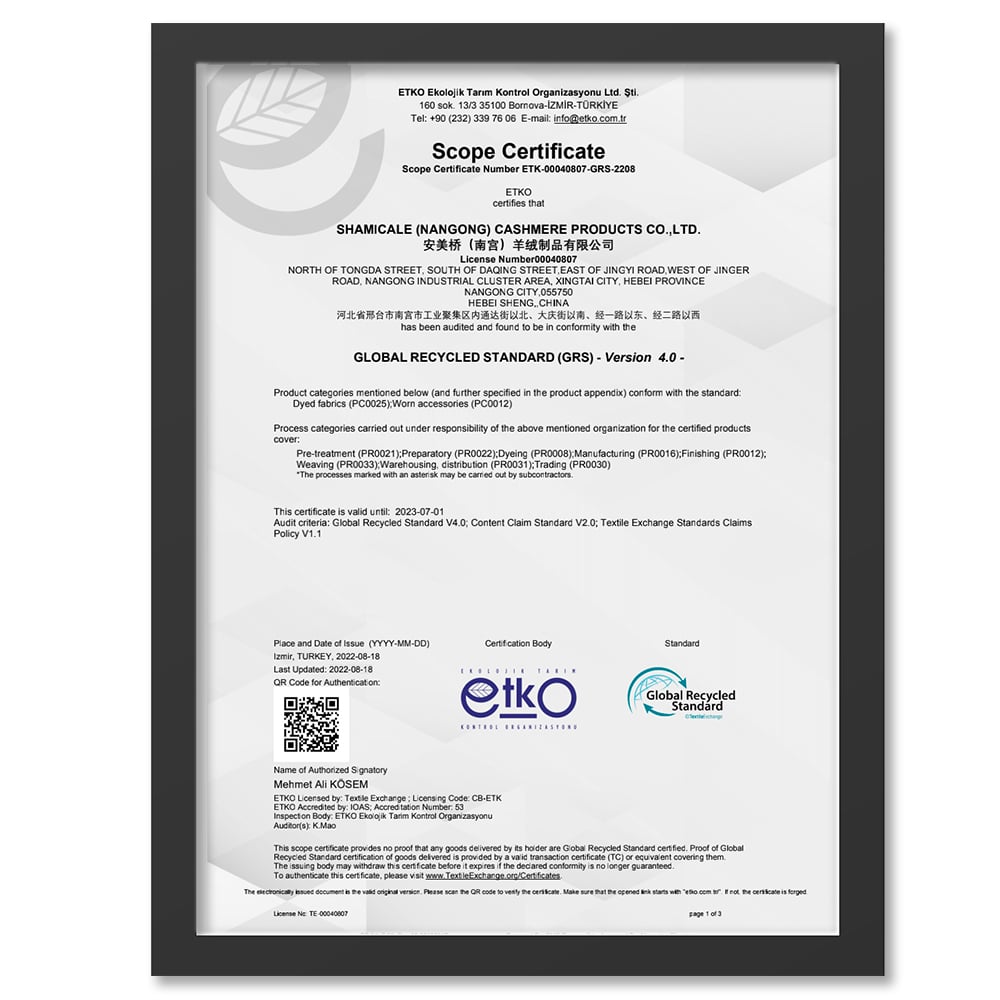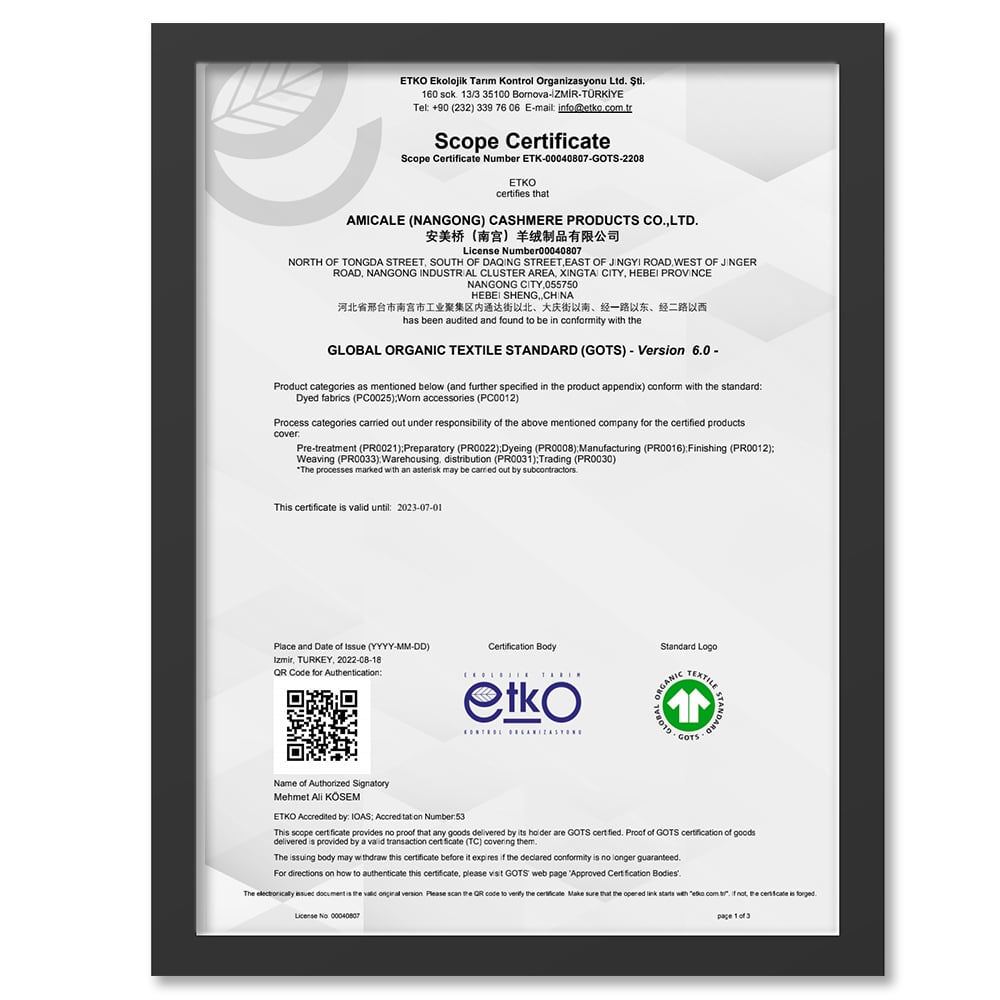
ISO 9001
ISO9001 does not refer to a standard, but a general term for a class of standards. It is all international standards formulated by TC176 (TC176 refers to the Quality Management System Technical Committee). It is the best-selling and most common product among more than 12,000 ISO standards.
The ISO9001 international quality management system standard is by far the most mature set of management systems and standards in the world, and it is the foundation of enterprise development and growth.

ISO 14001
ISO14001 environmental management system certification refers to the conformity assessment activities carried out by third-party certification bodies according to the ISO14001 standard. ISO14001 is a standard issued by the International Organization for Standardization and is a standard in the ISO14000 family of standards. The standard was first released in 1996 and revised by the ISO International Organization for Standardization in 2004. The latest version is ISO14001 -2015.

ISO 45001
The ISO 45001 Occupational Health and Safety Management System is an evolution of the OHSAS18001 Occupational Health and Safety Management System. This new standard is used to help organizations around the world ensure the health and safety of their workers.

GRS
The Global Recycling Standard (GRS) is an international, voluntary and comprehensive product standard that specifies requirements for third-party certification of recycled content, chain of custody, social and environmental practices, and chemical restrictions. The goal of GRS is to increase the use of recycled materials in products and reduce/eliminate the hazards caused by their production.

GOTS
The purpose of GOTS certification is to ensure the compliance of organic textiles from harvesting, raw materials, processing, to final product packaging in order to bring a reliable product to the end consumer. It covers the processing, manufacturing, packaging, labelling, trading and distribution activities of all textiles containing at least 70% organic and natural certified fibre content.
Scope: raw materials, production processes, packaging and transportation, inputs (including auxiliary materials, dyes, processing aids, etc.), production records, social guidelines, environmental management, quality control (including technical quality parameters and residue testing), etc.

